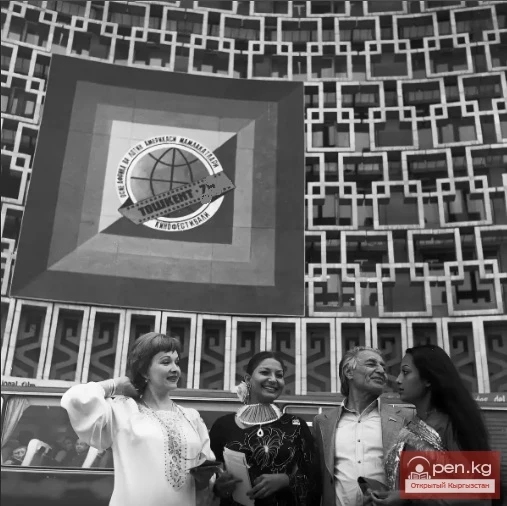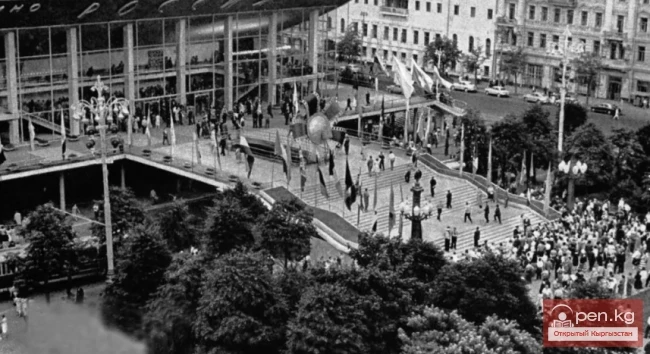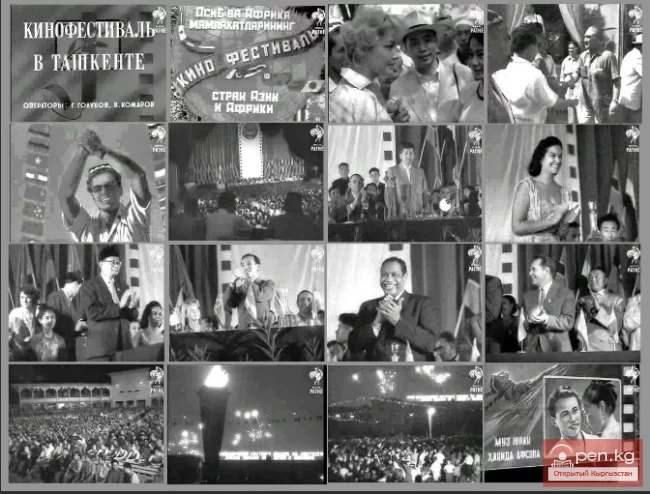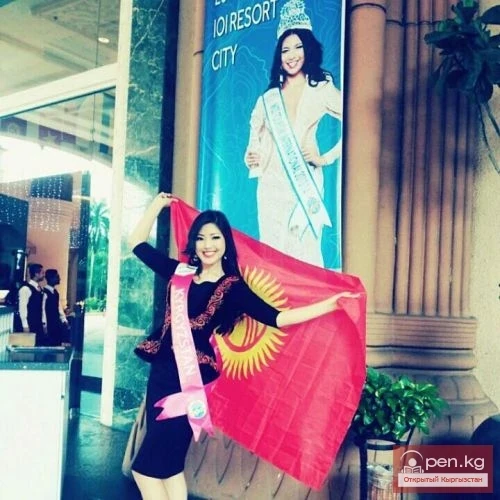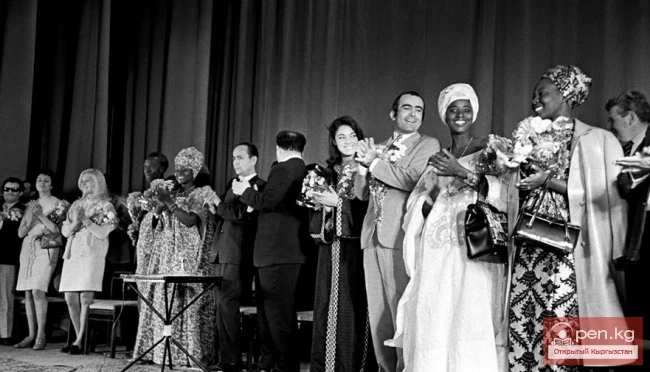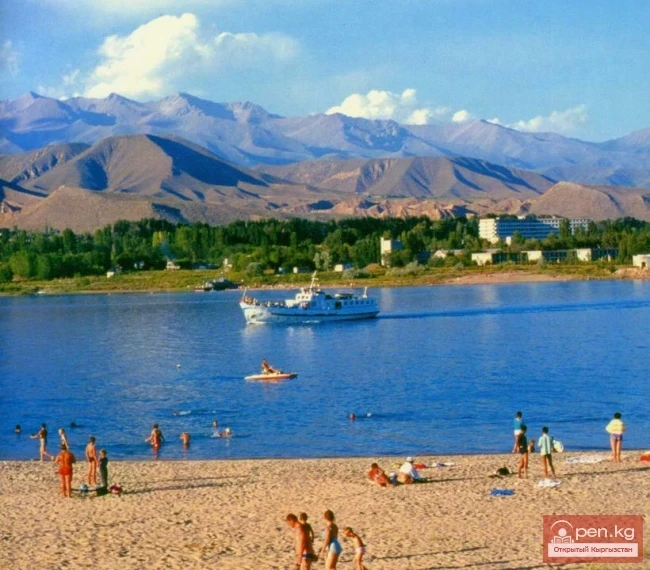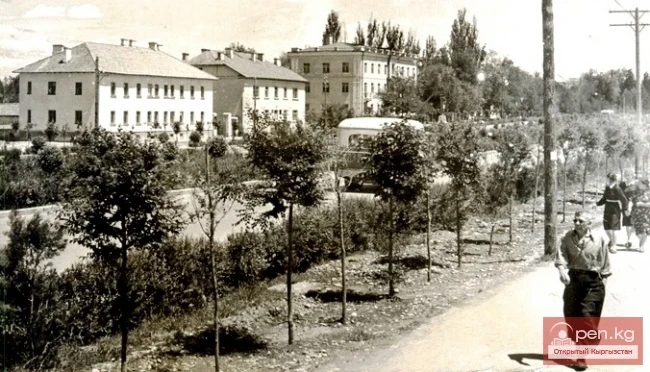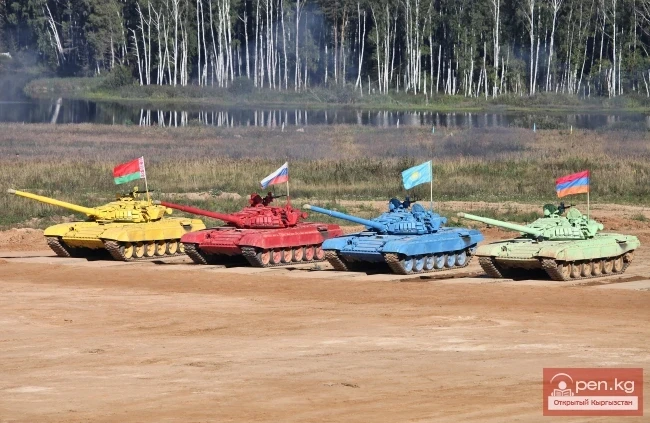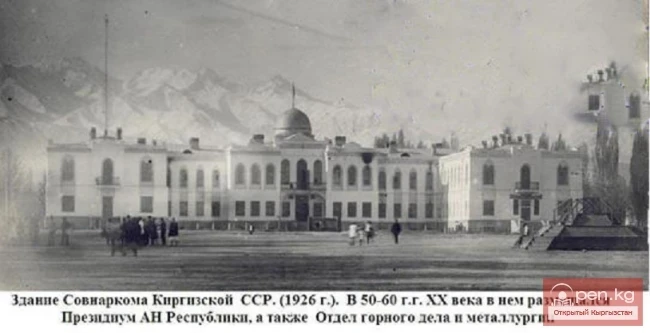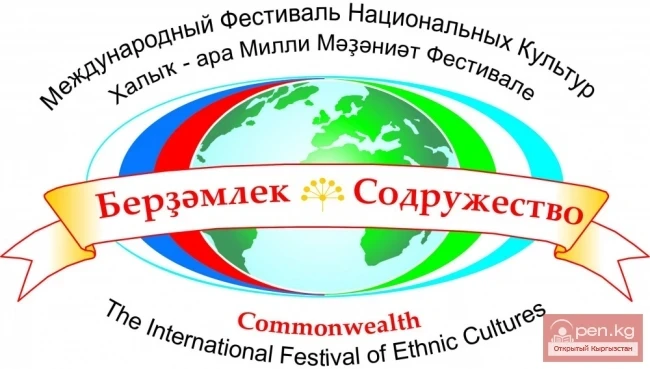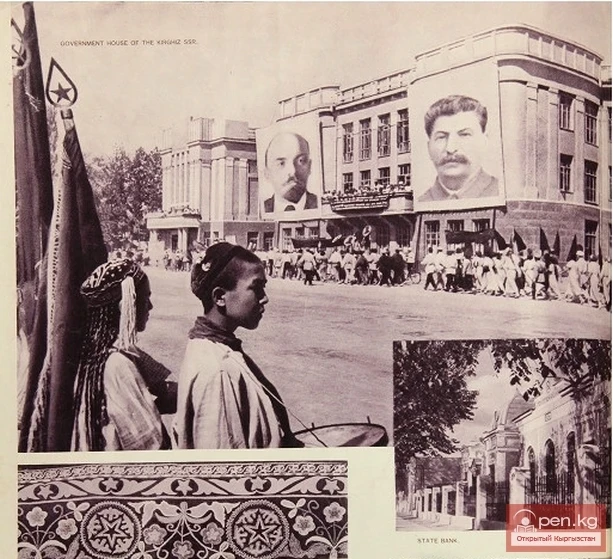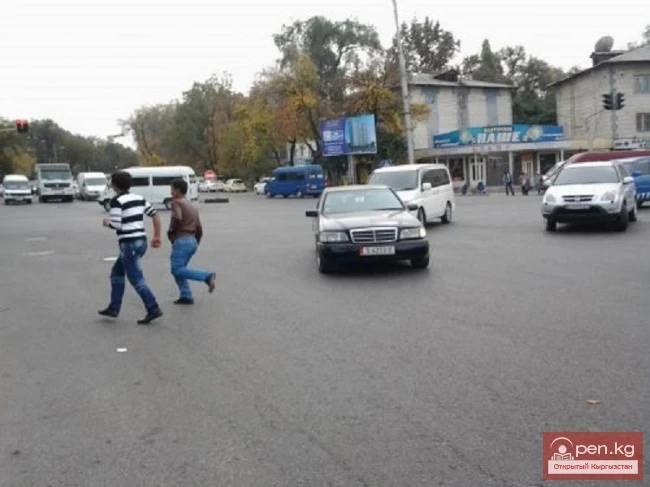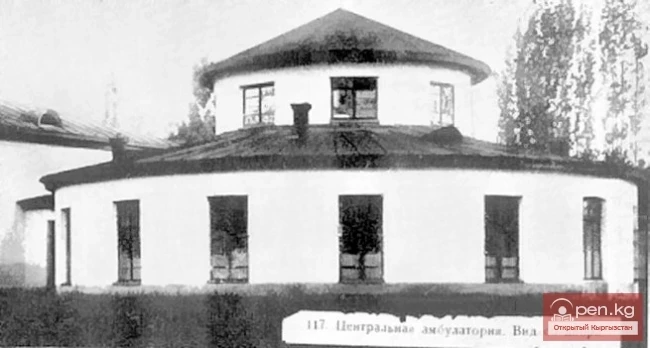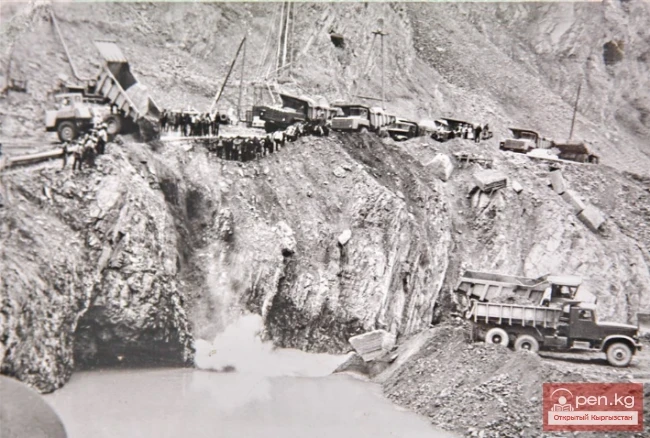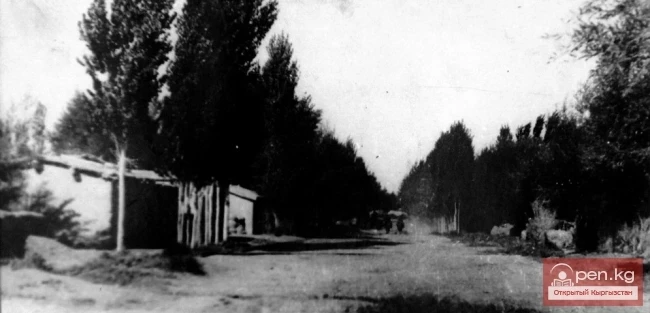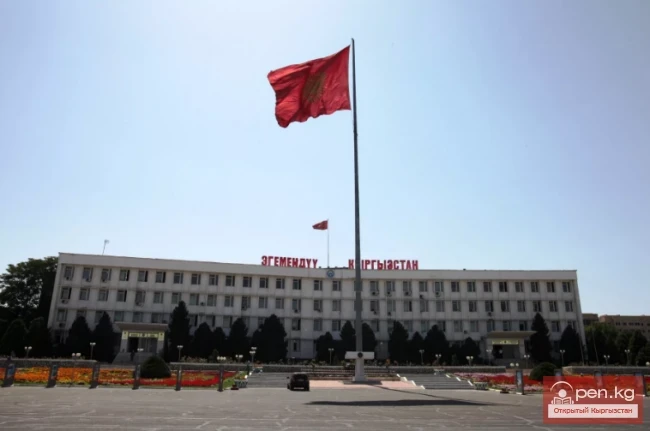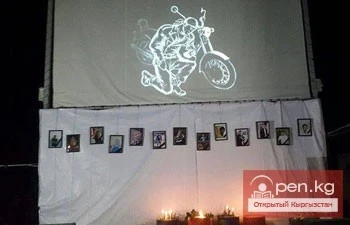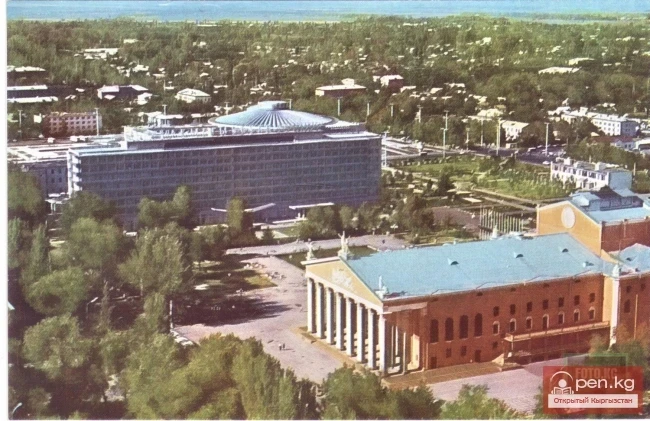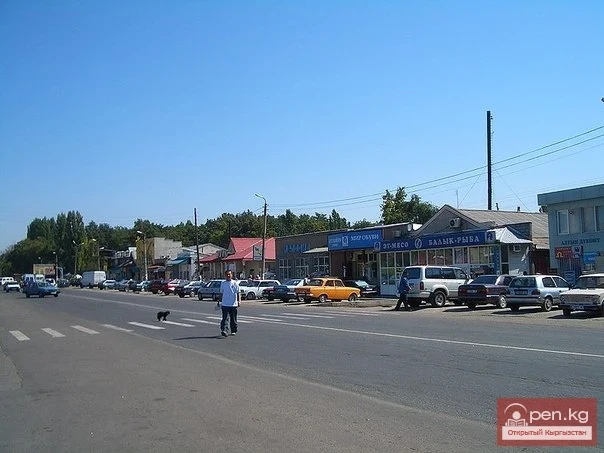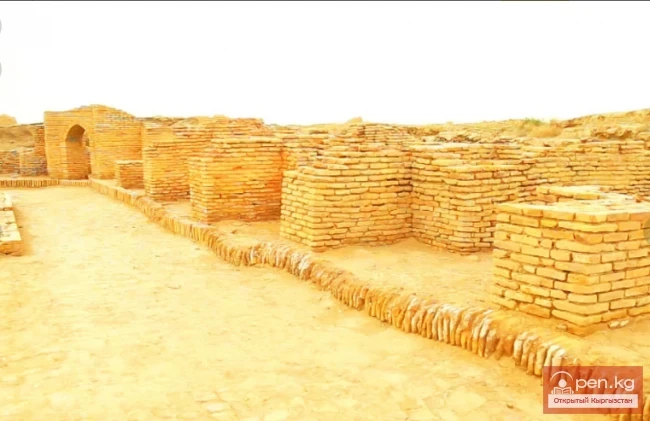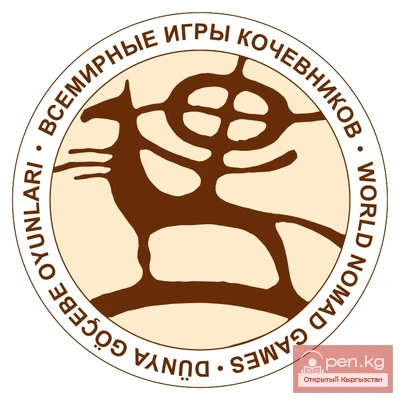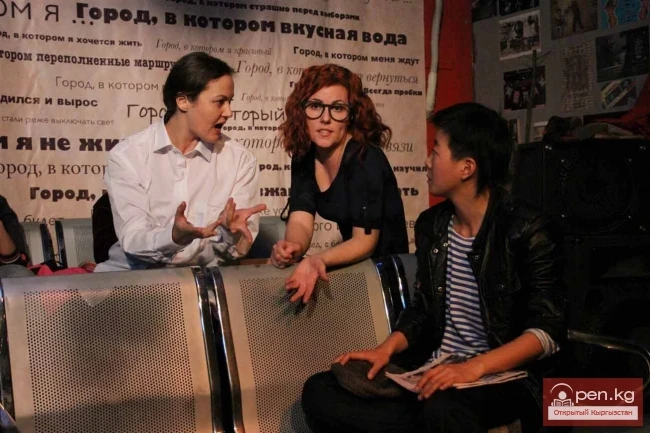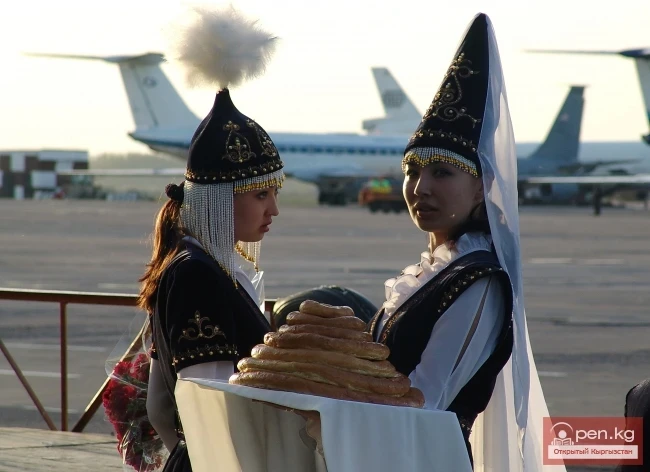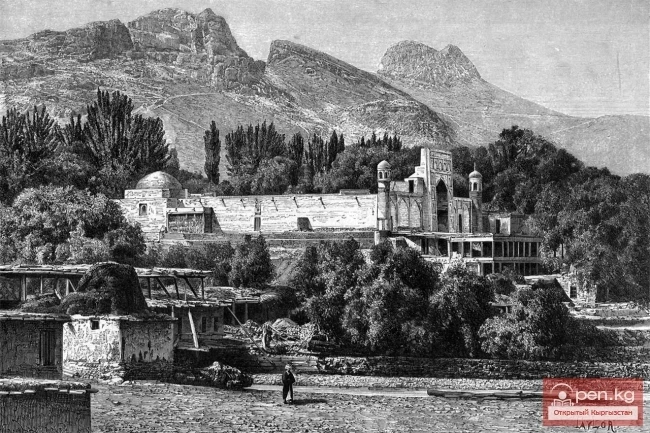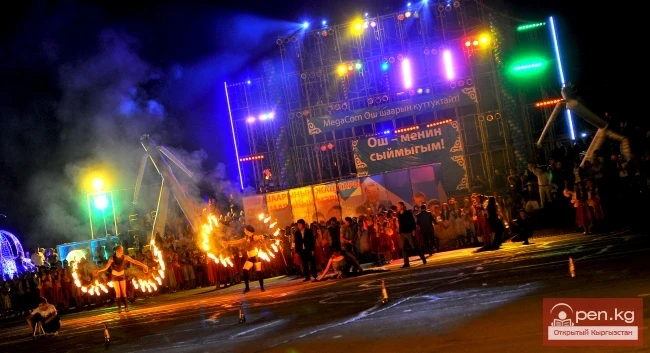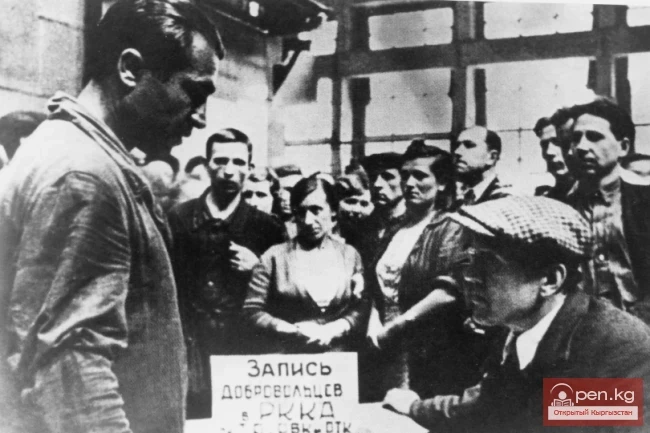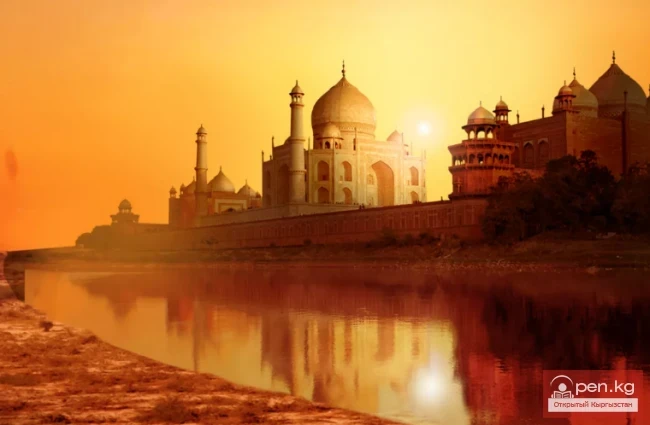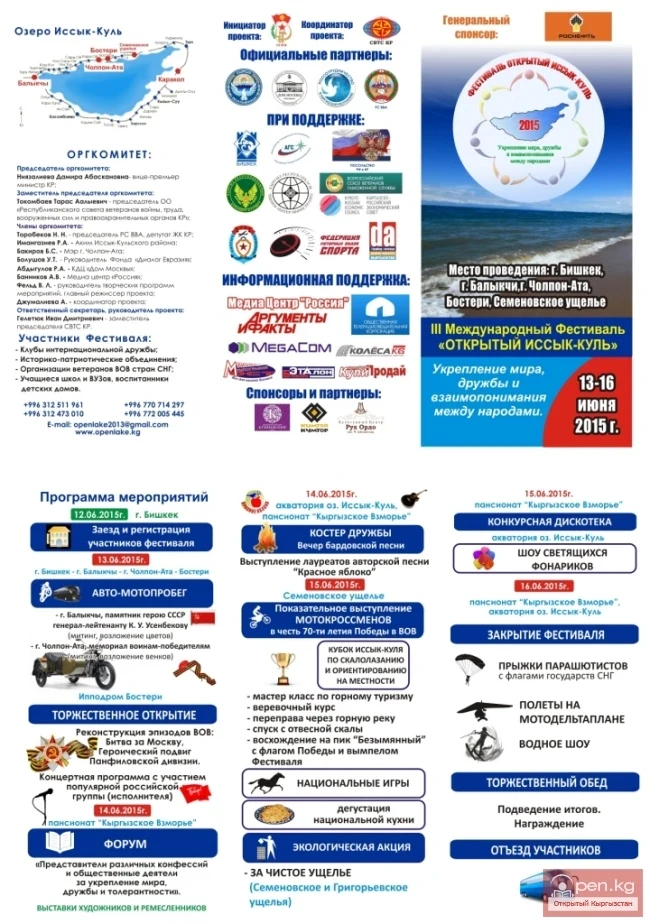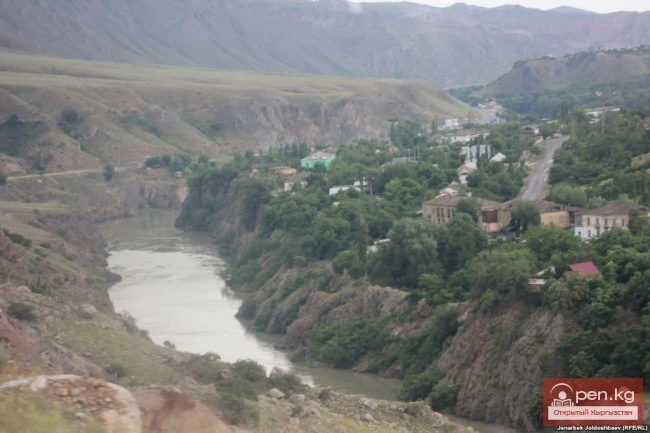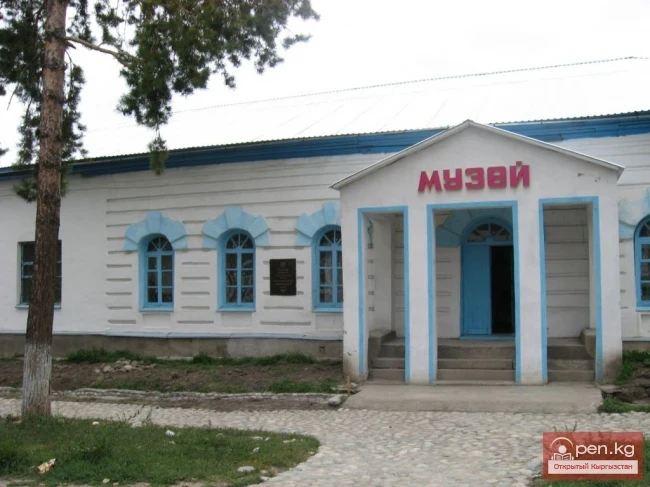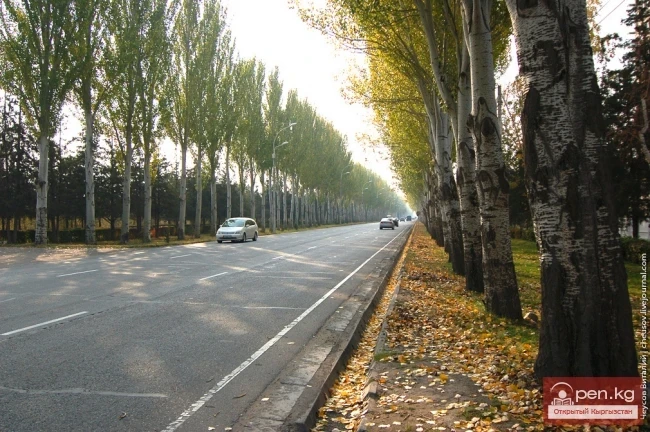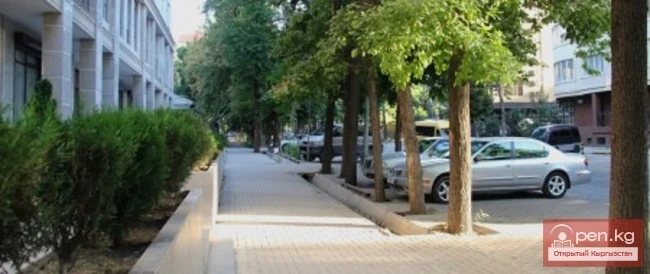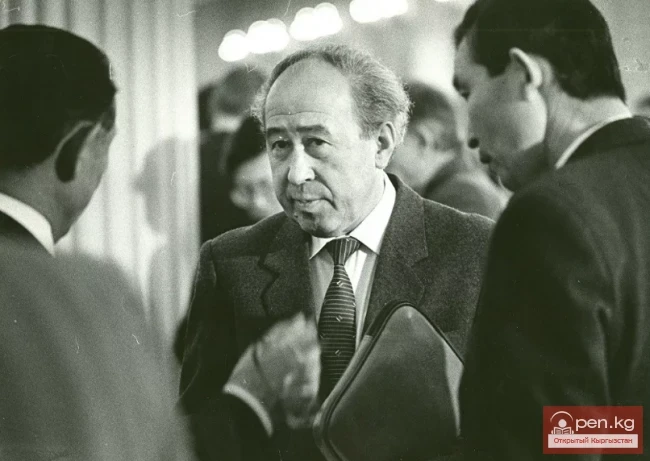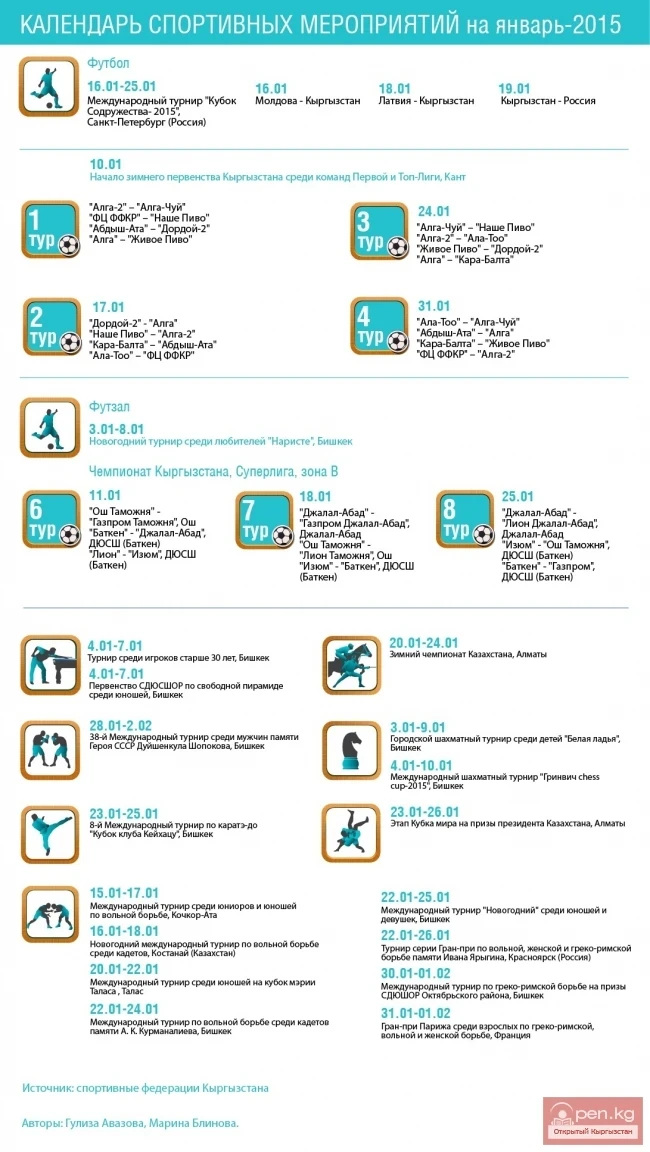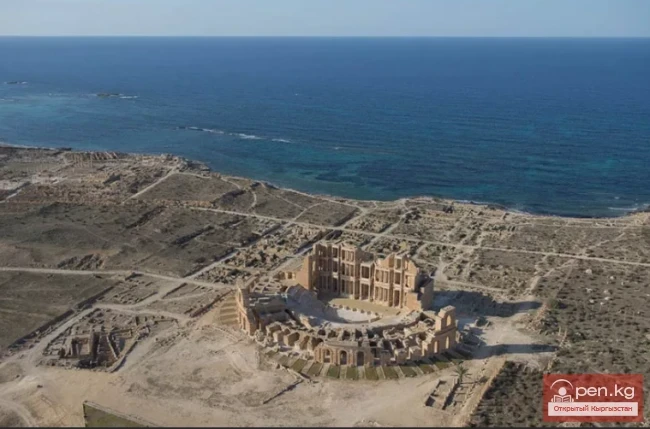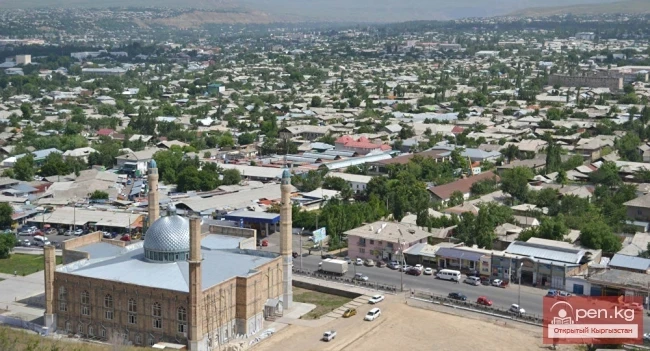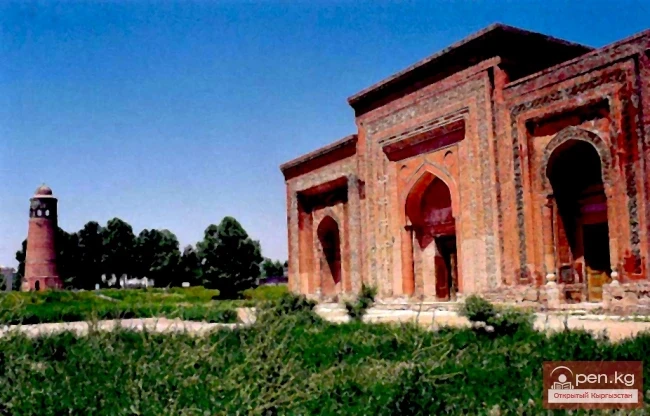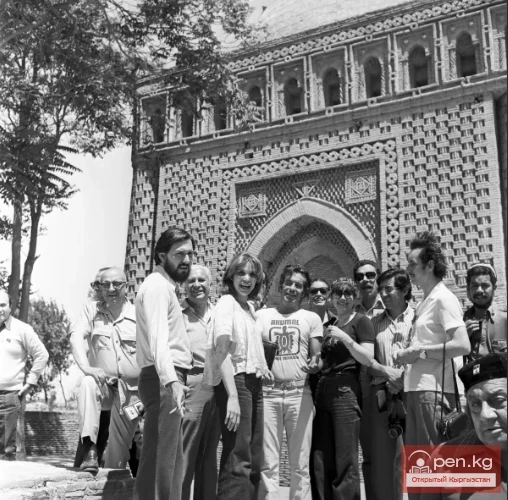
City of Peace, City of Friendship.
It was significant and symbolic that the leading filmmakers from Asia, Africa, and Latin America gathered around the "round table" in those days. It was here, in this conference hall, that the Soviet government made peaceful proposals to representatives of friendly countries. Here, in a building from whose windows one could see the majestic panorama of modern Tashkent, restored by the hands of thousands of Soviet people after a devastating disaster — Lenin Square, the famous wall of Tashkent fountains, the grand Ministry building, where schoolchildren were seen celebrating the end of classes on that May day, and newlyweds who came to the Lenin monument with red carnations. It was here that the history of the first days, the first hours of our state's life, its first decree — on peace — suddenly came to mind once again.
On the gray granite of duty, where two spring days were filled with intense creative discussion, a memorial plaque stood out: "In this building, from January 4 to 10, 1966, a historic meeting took place between Indian Prime Minister Lal Bahadur Shastri and President of Pakistan Muhammad Ayub Khan with the participation of Chairman of the Council of Ministers of the USSR Alexei Nikolayevich Kosygin, and the Tashkent Declaration was signed."
Thus, Tashkent remained in the memory of the participants and guests of the International Film Festival — a city of peace, a city of friendship. Indian saris, Uzbek robes, Moroccan kaftans, Kyrgyz ak-kolpaks, Japanese kimonos, African boubous, American jeans, a multitude of languages, a kaleidoscope of names, faces, countries... Iraqi actress Widad Salim and Egyptian Safia Mustafa. Kyrgyz actor Suymenkul Chokmorov and Turkish actress Fatma Girik. Young Tyeo Baisyo from Japan and Diloro Kambarova from Uzbekistan, Mexican beauties Susana Dosamantes and Alicia Encinas, Tamara Kokova from Azerbaijan, Margarita Terekhova, Marianna Vertinskaya, Svetlana Svetlichnaya from Moscow, American actress and director Loretta Pawker, and our long-time acquaintances from India, Raj and Rishi Kapoor — father and son, who came in the last days with their new film "Bobby"...
Meetings with audiences, trips to factories, plants, suburban collective farms, excursions around Tashkent and to ancient Samarkand, interviews, screenings of festival films, filming — the festive weekdays of the festival changed with incredible speed... Uzbek documentary filmmakers and a team from Central Television filmed the III Tashkent festival. On June 15 and 16, we were able to watch a special one-and-a-half-hour edition of the popular television "Kinopanorama," dedicated to the Tashkent festival, back home in Frunze...
On the last evening of the official screenings at the Palace of Arts, Uzbek filmmakers, who prepared operational issues of the "Festival Diary," presented an unexpected, cheerful gift to the Tashkent residents and guests, who were allocated the best seats in the large, yet cozy hall of the Palace. Showing the festival's daily life — gatherings at the buses, exchanging handshakes, queuing for autographs, the operators captured several episodes in such a way that the images suddenly sped up: everyone around was running, quickly rushing into buses, nodding to each other, signing postcards, running down steps, and, amusingly jumping and waving their hands, hurried somewhere — funny, like in old silent films. The witty joke, met with laughter and applause, captured the tense, festive rhythm of the festival — its hustle and bustle, its excitement, its youthful optimism, accurately reflecting the joyful atmosphere of the International Film Festival.
It would not be an exaggeration to say that Kyrgyz filmmakers were at the center of attention: both the guests of the festival, its participants, journalists, and the audience of brotherly Tashkent. Writer Chinghiz Aitmatov, film director Tolomush Okee, actor Suymenkul Chokmorov, documentary filmmaker Bekesh Abdildaev — their works are known, and many are loved not only in our country. Everyone I spoke with at the festival knows Kyrgyz cinema firsthand, follows its successes, and eagerly awaits new works from Aitmatov: both in literature and on screen. And a great deal of trust obliges one to much.
III International Film Festival of Asian and African Countries in Tashkent. Television and cinema of Kyrgyzstan in the 70s—early 80s. Part-8
